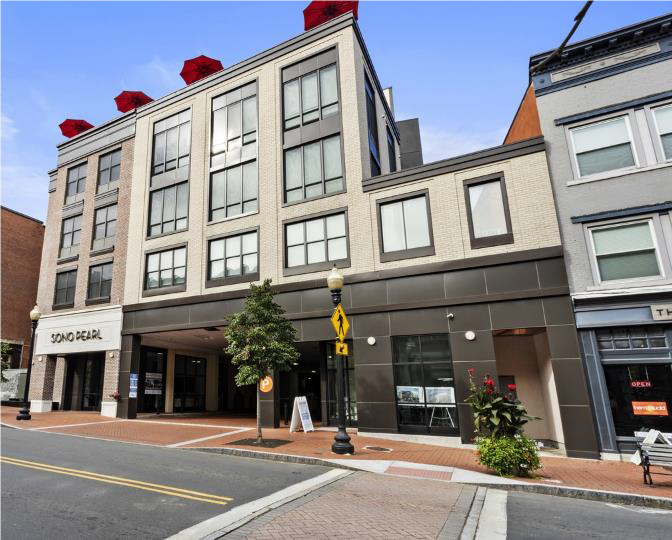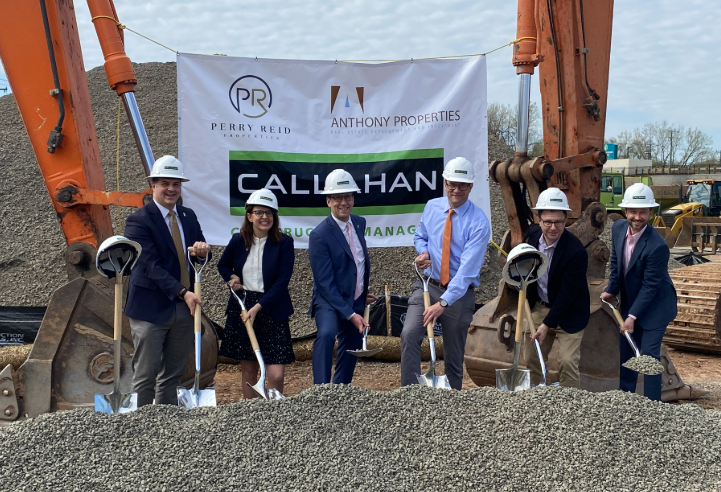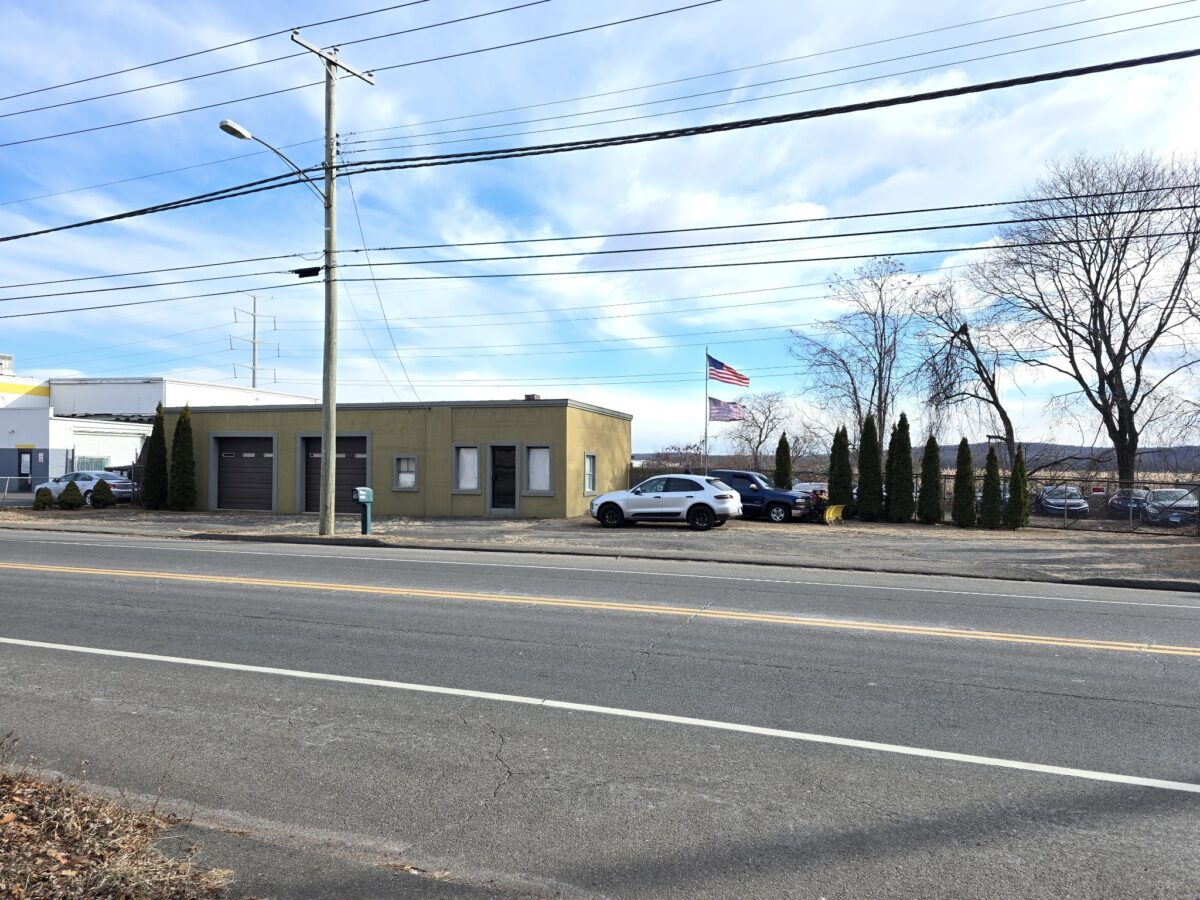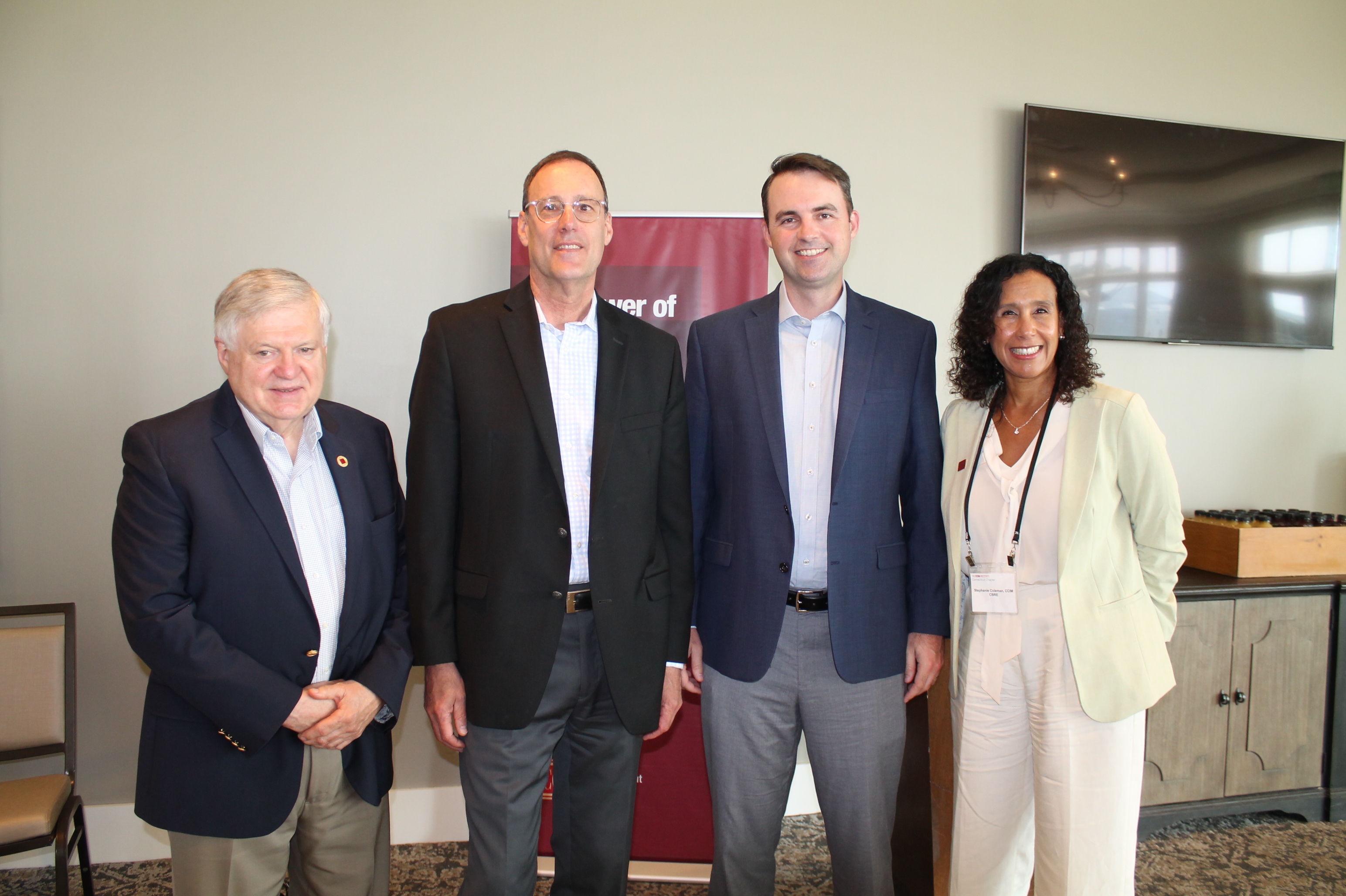News: Connecticut
Posted: October 14, 2009
Department of Treasury provides guidance on modifying mortgage loans held in a REMIC
The U.S. Department of Treasury recently released guidance that will provide greater flexibility to servicers of commercial mortgage loans held by Real Estate Mortgage Investment Conduits (REMIC) in permitting modifications to certain mortgage loans without affecting the tax status of the REMIC.
REMICs have long been a popular vehicle for mortgage securitization because they are not generally subject to federal income tax liability provided that they satisfy specific requirements in the Internal Revenue Code. Among these requirements are restrictions on the types of modifications that can be made to mortgage loans pooled in a REMIC. If a "significant modification" is made to a mortgage loan, there will be a "deemed exchange" of the unmodified mortgage for the modified mortgage resulting in a 100% penalty tax on any net gain realized from the exchange. Such a modification may also disqualify the REMIC for tax exempt status, thereby subjecting it to federal corporate income tax. Many common mortgage modifications constitute a "significant modification," including certain changes in yield, changes in the obligor, or deferrals of payment or maturity, which makes negotiating a mortgage loan modification a complicated and cumbersome process.
The Internal Revenue Code provides an exception whereby a modification will not be deemed "significant" if the modification is "occasioned by default or a reasonably foreseeable default." Many participants in the commercial mortgage industry have established procedures that are capable of accurately assessing the likelihood of default with respect to any particular mortgage loan. Similarly, they can also determine whether a proposed loan modification will be sufficient to avoid default well in advance of its actual occurrence. Nevertheless, most REMIC servicers are still reluctant to find that a proposed modification is necessary to avoid "a reasonably foreseeable default," unless the loan is not performing or default is imminent. This is because servicers typically owe both fiduciary and contractual duties to REMIC investors to maintain the REMIC's tax exempt status, which, after all, is the essential appeal of investing in a REMIC, and consequently they are hesitant to permit any modification that could potentially cause the IRS to challenge the tax status of the REMIC. As a result, many borrowers are unable to negotiate loan modifications in time to prevent default.
New guidance recently released by the Department of Treasury attempts to address some of these issues. The guidance offers greater detail regarding how REMIC servicers should weigh the risks of default when considering a proposed loan modification and specifically provides that even currently performing loans, in certain circumstances, can be modified without prompting an IRS challenge to the REMIC's tax status. After meeting the standard for a qualified loan, if the holder or servicer of the loan "reasonably believes that there is a significant risk of default of the pre-modification loan upon maturity of the loan or at an earlier date," and that "the modified loan presents a substantially reduced risk of default," the IRS will not challenge the tax status of the REMIC. This reasonable belief is to be based on the totality of the circumstances, and may include factors such as written factual representations from the issuer of the loan, how far in the future the potential default is expected to occur, and past performance of the loan. Further, the guidance establishes that there is no maximum time period for which "default is not per se foreseeable," and that "the holder or servicer may reasonably believe that there is a significant risk of default even if the loan is performing." The intention is that this guidance will provide greater flexibility to REMIC servicers in permitting borrowers to modify their loans in time to prevent default.
For anyone wishing to weigh in on the debate, the Department of Treasury has requested comments in anticipation of potentially releasing additional guidance, which can be submitted through November 14, 2009 pursuant to Notice 2009-79.
Matthew Teich, Esq. is with Halloran & Sage, LLP, Hartford, Conn.
Tags:
Connecticut
MORE FROM Connecticut
Highcap Group brokers $41.1 million sale of two building multifamily portfolio
Norwalk, CT Highcap Group has completed the sale of two luxury multifamily properties with a total of 120 units for a combined purchase price of $41.4 million.








.png)